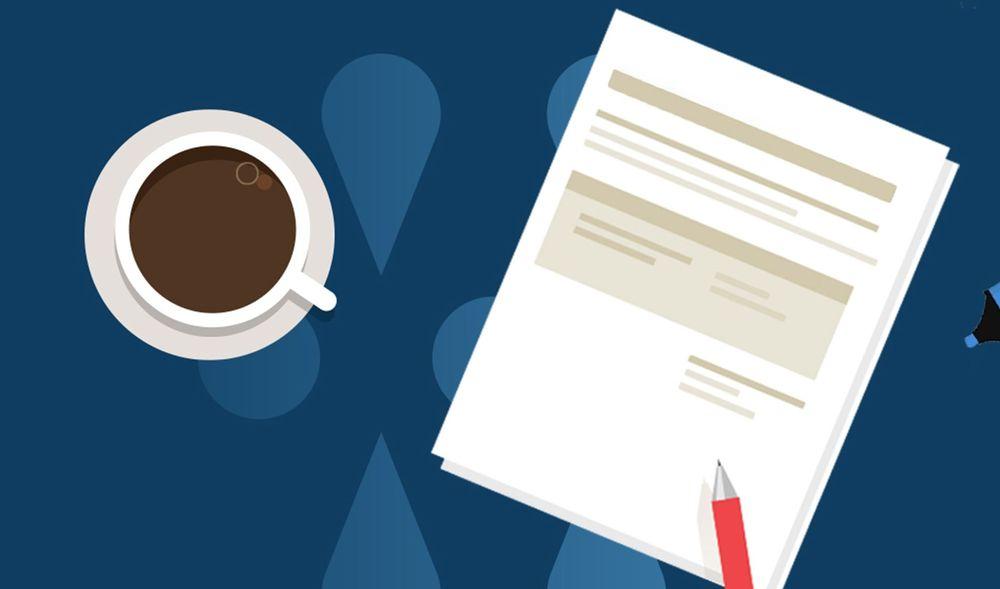Paperwork essentials: what you need to know about applying for medical roles

If you’re new to locuming, or are about to apply for a new medical role, there are a few things that you need to know about the paperwork involved.
First, it exists.
Second, you have to do it.
(Sorry).
Why you’ll need to do some paperwork to apply for medical roles
Essential paperwork requirements for medical roles have been developed over the years, some in reaction to cases like this woman {LINK: https://www.theguardian.com/uk-news/2018/nov/19/thousands-of-doctors-under-scrutiny-after-fake-qualifications-case }, who practised medicine in the UK for 22 years with fake qualifications. Not cool.
As a medical recruitment agency {LINK: /articles/how-to-get-the-most-out-of-working-with-a-medical-recruitment-agency}, Medrecruit has a legal, contractual and social obligation to make sure that you are who you say you are. Our guidelines come from governments, DHBs and hospitals. We make sure you have all your essential paperwork completed before you start your new medical role so there’s less hassle for you down the track.
Medrecruit Placement and Credentialing Team Leader Stacey Elstob says paperwork is an essential part of applying for any medical role.
“We know paperwork is a pain – we’re not asking for fun! But it is a requirement of all hospitals. You can’t start work without having done the essential paperwork.
“You do occasionally hear of someone stealing a doctor’s identity or posing as a doctor. You don’t want to be that fake doctor’s patient and you don’t want to be the doctor working with that person either. So, we and the hospitals ask for the essential paperwork to make sure that you are who you say you are – a competent, qualified doctor {LINK: /articles/how-to-write-the-perfect-medical-cv}.”
Another reason for the paperwork is to protect you. From immunisation checks to indemnity insurance, these documents make sure you and the hospital are pre-prepared for any unexpected events.
When you should start your essential paperwork
Start your paperwork sooner rather than later. Why? Some items might take longer than expected, for example, police checks for medical roles can be returned in two hours, but some take as long as twenty working days.
“We ask for all the credentialing to be done in advance of placements,” says Stacey.
“It has to be done regardless and we ask in advance because you really don’t want to be doing your paperwork at the last moment, when you’re preparing to travel. It’s easier for you to get it done early. We’ve also noticed it’s becoming more common for hospitals to ask for all this stuff in advance.
“It is a requirement and in most cases, you can’t walk into the hospital without it. Some of the paperwork and orientation documents (like the eMedical courses) help to orientate you to the hospital’s computer systems, so you can hit the ground running when you start your placement.”
A doctor’s essential paperwork checklist
Whether you use an agency or apply yourself, there’s a checklist of essential paperwork you’ll need to complete before applying for any medical role in Australia or New Zealand. This is true for permanent and locum roles. The checklist varies slightly as some regions and states have different requirements (for example, New South Wales and Queensland).
The first documents you’ll need to supply are your:
Looking for a doctor job that matches your career and lifestyle aspirations?
Search jobs• Up-to-date CV
You’ll then need to supply:
• Certified ID
• Police check/criminal history check (give yourself plenty of time to apply for this)
• Medical degree and Fellowship documents
• Work visa (if applicable)
Other documents you may need (depending on your role):
• Practicing Certificate (New Zealand doctors)
• Working with children check
• International police check (if you have worked overseas)
• Medicare documents, like your prescriber number (Australia)
• Australian Business Number
Medical roles in New South Wales and Queensland
Different areas across Australia and New Zealand have different rules and requirements for medical roles. News South Wales and Queensland have required document lists that may appear eye-popping-ly long at first. Sate-specific documents such as history check consents, clinical skills self-assessment and locum declaration forms will need to be completed before starting work.
In some states, you may need to complete orientation training. New South Wales requires all doctors to complete eMedical orientation training – this can be done online from home and takes around six hours.
The good news about paperwork
We’re here for you. All doctors need to complete this paperwork before starting work at a new hospital, clinic, or region. But when you work with us, you’ve got a specialist team to help you who have been here before with hundreds of other doctors.
So, if you’re busting out your supporting immunisation documentation the morning after a night shift, you’ve got a team who’ll make sure you’re filling out all the right forms. We can’t do the paperwork for you, but we will supply you with a comprehensive checklist tailored to your grade and speciality, where you want to work, and what you want to do {LINK: /articles/thanks-covid-19-what-happens-when-the-bucket-list-goes-bust}.
Ready to get started?
